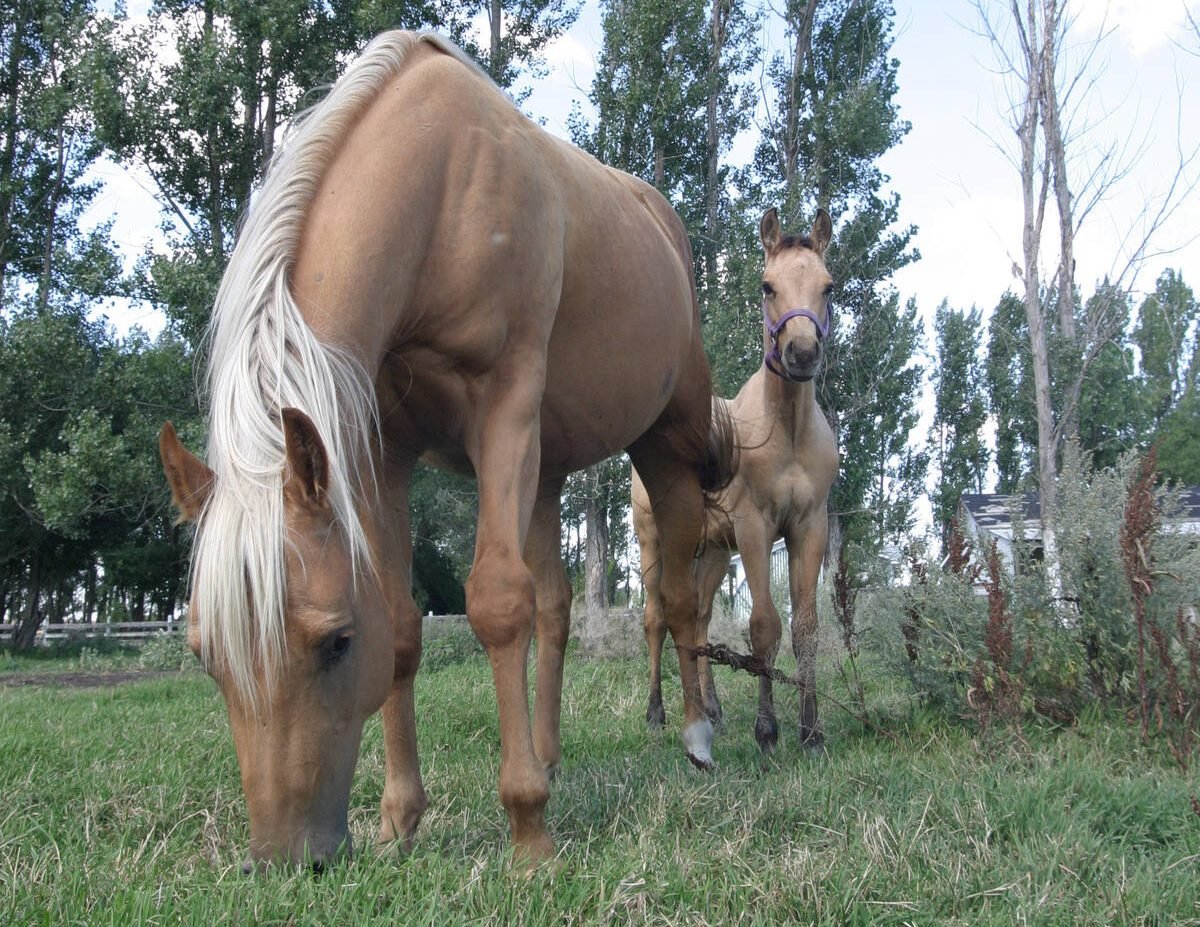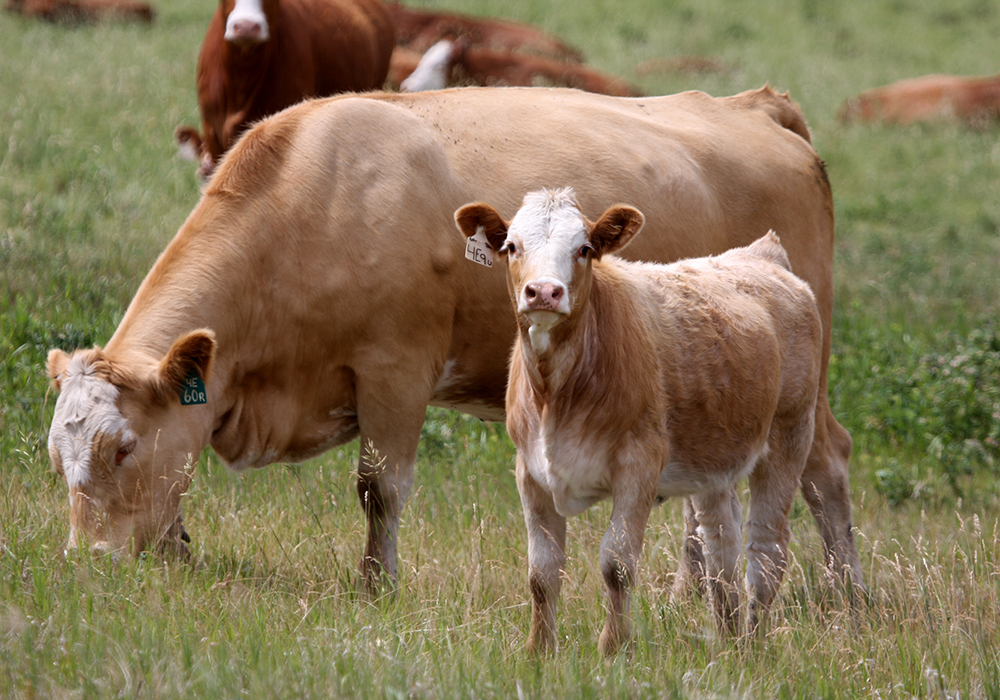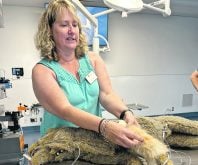Losses of $600 to $700 per head are already being felt in the feedlot industry as a result of Cargill’s temporary closure of its High River, Alta., beef processing plant.
The company announced April 20 that it would idle the plant due to the COVID-19 pandemic and its effect on workers.
As of today, 401 Cargill plant workers have been confirmed with COVID-19 and one worker died on the weekend.
Dr. Deena Hinshaw, chief medical health officer, confirmed that number today, as well as confirmation that 77 workers at the JBS plant in Brooks, Alta., also have the virus.
Read Also

Growth plates are instrumental in shaping a horse’s life
Young horse training plans and workloads must match their skeletal development. Failing to plan around growth plates can create lifelong physical problems.
In a news conference today, Canadian Cattlemen’s Association vice-president Dennis Laycraft said it is not known when the plant will reopen and the situation has already gone from serious to urgent.
Cargill, which has a daily slaughter capacity of about 4,500 head, slowed its production to one shift last week, processing about 1,500 cattle daily. JBS has also been processing cattle at a slower pace than normal.
Laycraft said the reduction in slaughter capacity was already about 6,000 head per week below normal when Cargill announced it was temporarily halting operations.
Feedlots with fat cattle ready to ship will feel the most immediate impact. Janice Tranberg, president of the National Cattle Feeders Association, said feedlot owners are shifting fat cattle to maintenance rations and hoping the Cargill plant stoppage will be short-lived.
“They are just trying to make the best of the situation,” she said.
Because they are holding cattle, feedlots are not filling pens with cattle purchased from backgrounding operations, so the economic pain is spreading further down the production chain.
Fawn Jackson, manager of government and international relations with the CCA, said the federal government has not yet responded to the industry’s recommendations to assist.
“We have not seen action being taken and we do need to see it urgently,” she said, adding there appears to be some thought that provinces should act before the federal government steps in.
“Now is the time to act,” said Jackson. “It doesn’t really matter who does. It maters that somebody does.”
Laycraft said the CCA has been speaking with each province about slaughter capacity at provincial plants and smaller federal plants but had nothing yet to report on that front.
Contact barb.glen@producer.com
















